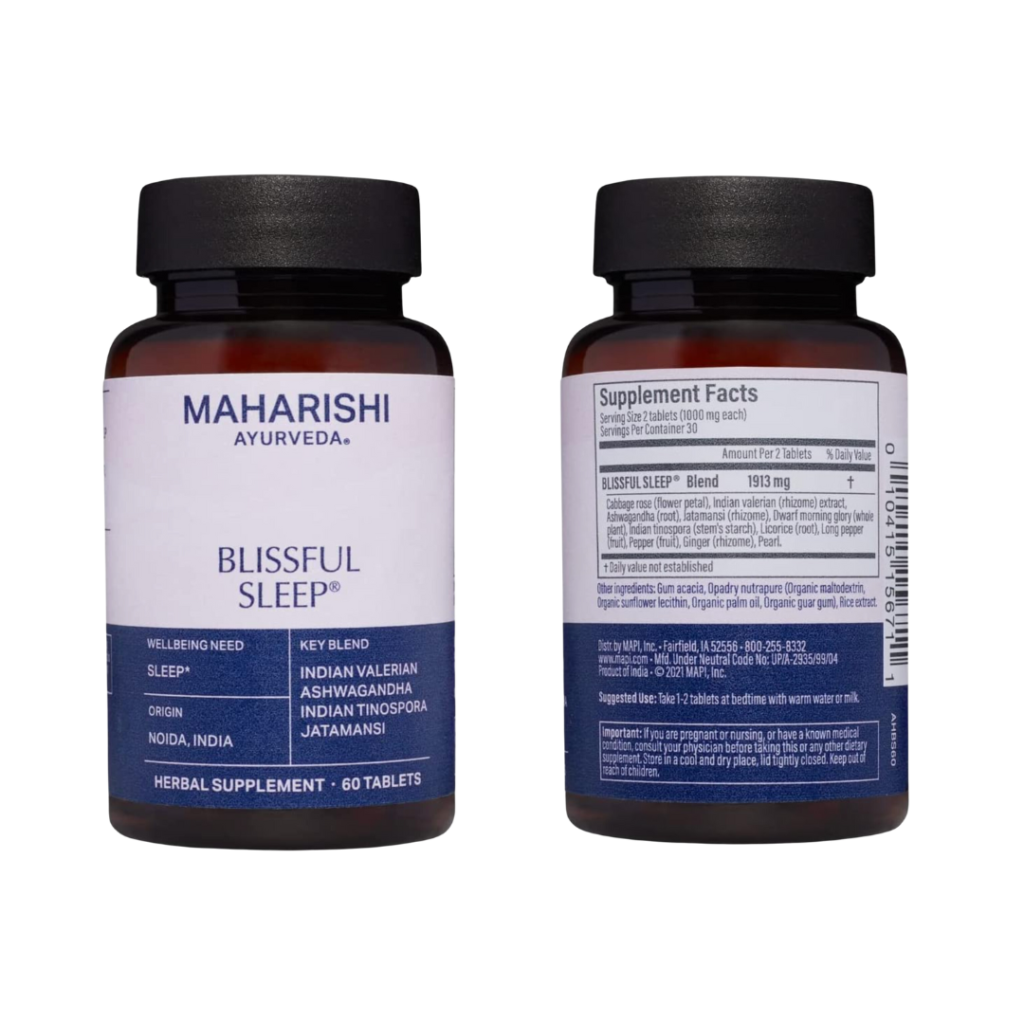Better Sleep
Millions of Americans encounter sleeping problem, which is a chronic problem that affects a sizeable number of people worldwide. Sleep disorders can have a detrimental impact on an individual’s overall health and well-being which in turn results people in finding how to get better sleep.
Sleeping problem refers to conditions where an individual consistently experiences difficulties with their sleep, leading to inadequate or poor-quality rest. These sleep disorders can range from insomnia and sleep apnea to restless legs syndrome and circadian rhythm sleep-wake disorders. Finding effective healthy sleeping habits on how to get better sleep and improve overall lifestyle is a must these days. While consulting a healthcare professional is essential for proper diagnosis and treatment, incorporating lifestyle changes and homemade tips for a better sleep can also play a supportive role in managing sleeping problem and improving a healthy sleep cycle.
Table of Contents

Here are some tips on how to get better sleep:
Establish a regular healthy sleep schedule
Try to go to bed and wake up at the same time every day, including weekends. This helps regulate your body’s internal clock and promote better sleep.
Create a sleep-friendly environment
Make sure your bedroom is cool, quiet, and dark. Use blackout curtains or an eye mask, earplugs, or a white noise machine to block out disruptive stimuli.
Practise healthy sleeping habits
Avoid electronic devices, such as smartphones and computers, at least an hour before bedtime, as the blue light emitted can interfere with sleep. Engage in relaxing activities like reading a book or taking a warm bath instead.
Limit caffeine and alcohol intake
Avoid consuming caffeine (found in coffee, tea, chocolate, and some sodas) close to bedtime, as it can disrupt your sleep cycle. While alcohol may initially make you feel drowsy, it can lead to fragmented and poor-quality sleep later in the night.
Exercise regularly
Engaging in regular physical activity during the day can promote better sleep. However, avoid vigorous exercise close to bedtime, as it may increase alertness and make it harder to fall asleep.
Establish a pre-sleep routine
Create a calming routine before bed, such as listening to soothing music, practising relaxation techniques like deep breathing or meditation, or taking a warm bath.
Create a healthy way to sleep
Ensure your mattress, pillows, and bedding are comfortable and supportive. Experiment with different sleeping positions to find what works best for you.
Manage stress
Chronic stress can contribute to sleeping problem. Incorporate stress-management techniques into your daily routine, such as practising mindfulness, journaling, or seeking support from a therapist.
Ayurvedic Sleep Improvement

The Ashwaganda based sleep aid formula helps you naturally fall asleep and stay asleep all night without any morning fog. The ideal alternative to Melatonin supplements.
Blissful Sleep works on building stress resistance for a more restful sleep for the mind and body.
Click the link and have a good sleep!
Let’s have healthy sleeping habits
In a world where sleep disorders are increasingly prevalent, prioritising healthy sleeping habits has become more important than ever. While sleep problems can have a significant impact on our well-being, incorporating lifestyle changes and following these tips on how to get better sleep can play a supportive role in managing sleep difficulties and improving the quality of our sleep.
Establishing a regular sleep schedule, creating a sleep-friendly environment, practising healthy bedtime routines, limiting caffeine and alcohol intake, engaging in regular exercise, and managing stress are all crucial steps towards achieving better sleep. These lifestyle adjustments, combined with seeking professional help when necessary, can contribute to a more restful and rejuvenating sleep experience.
Remember, quality sleep is a cornerstone of overall health and well-being. By embracing these tips and making sleep a priority, you can enhance your physical and mental health, improve daytime productivity, and ultimately lead a more fulfilling life. If your sleep problems persist or worsen, it is advisable to consult a healthcare professional or sleep specialist for a comprehensive evaluation and appropriate recommendations.So, let’s embark on the journey of healthy sleeping habits, one night at a time, and embrace the transformative power of a good night’s sleep.